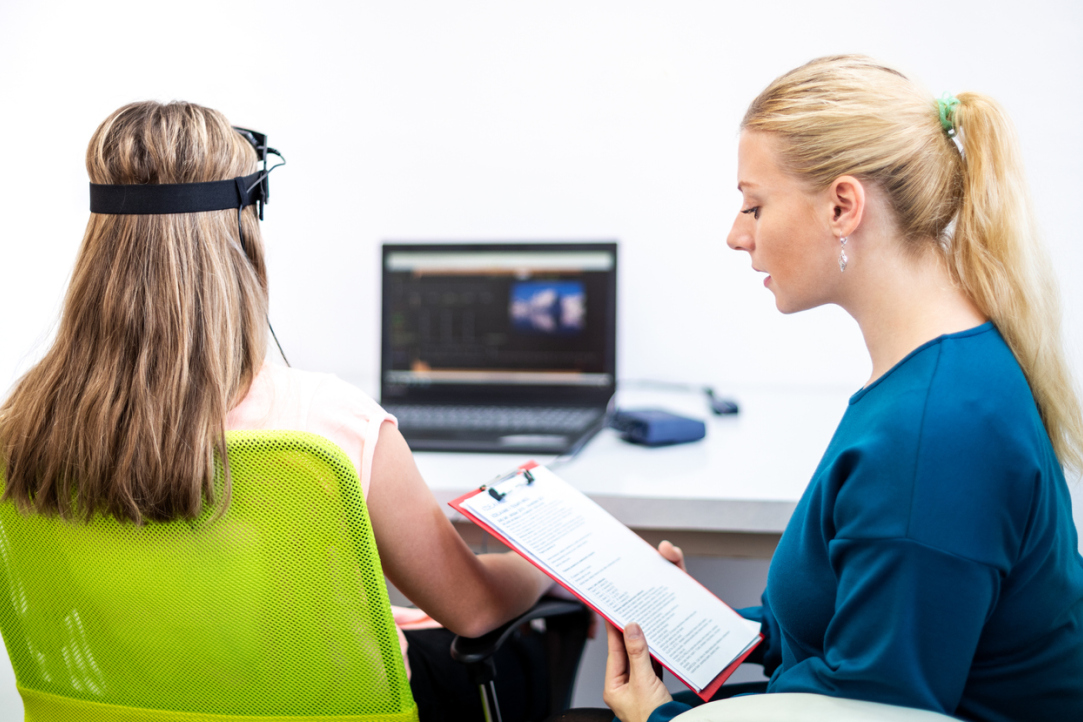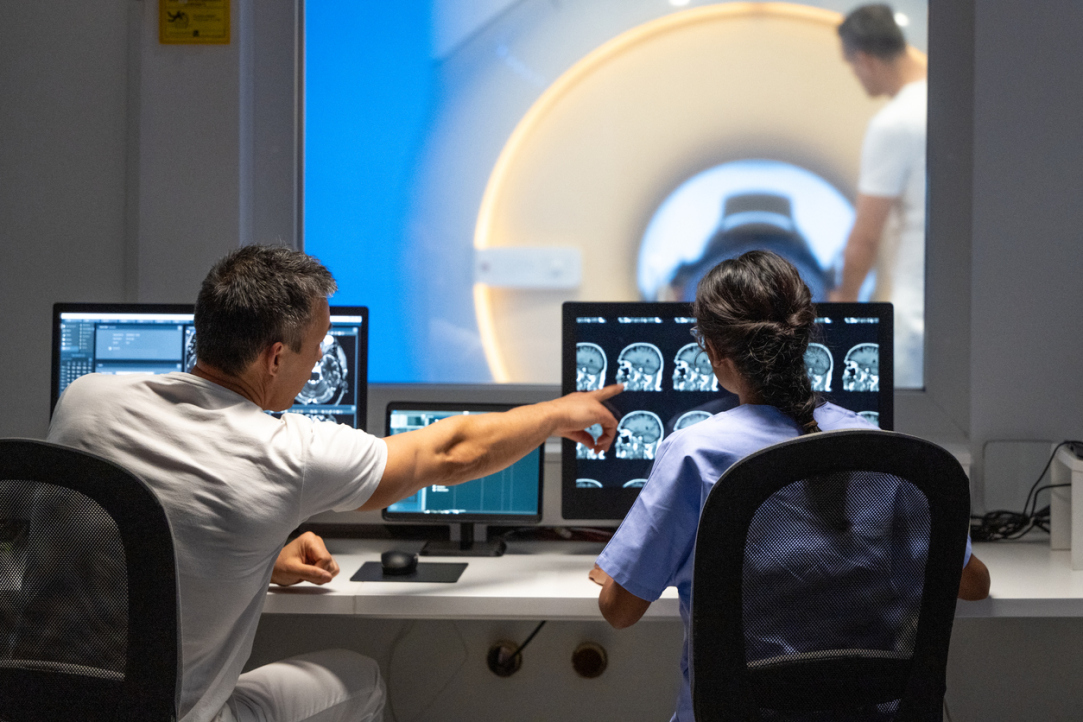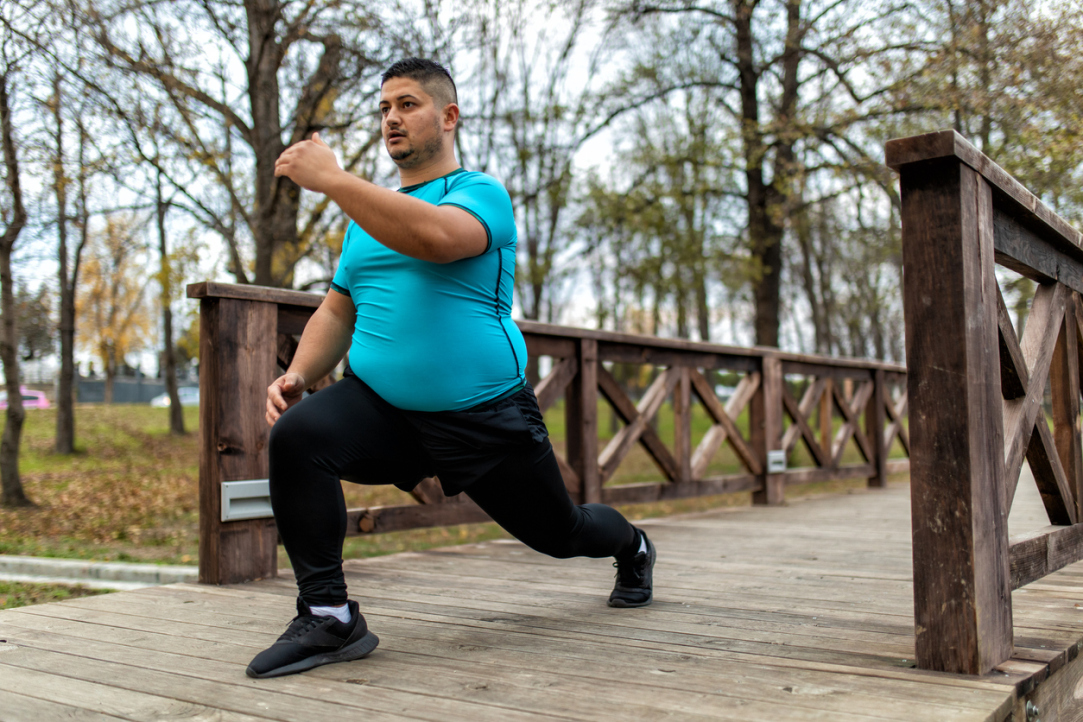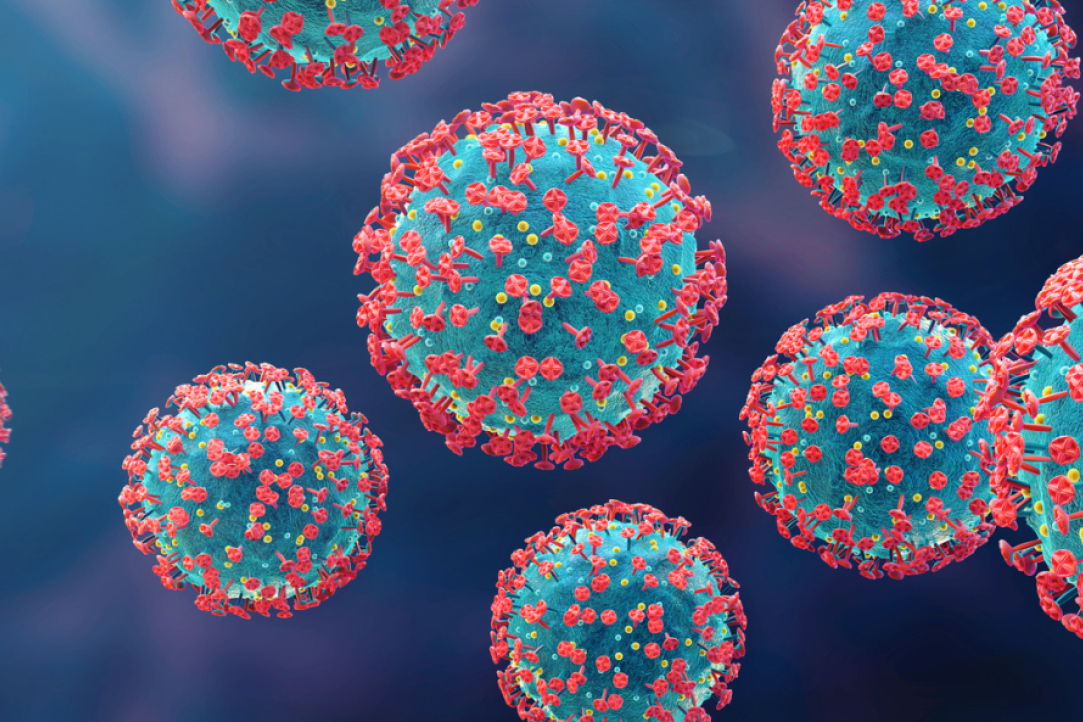
EEG and Eye Tracking Help Calculate Attentional Engagement Index
Researchers at the HSE Institute of Cognitive Neuroscience have discovered that analysing the electrical activity in the brains of a small group of people and studying their visual attention makes it possible to predict the impact of an online advertising campaign on a much larger group of 300,000 consumers. The paper has been published in Brain Sciences.

Language Impairment in Autism Associated with Grey Matter Volume
Researchers from Russia and the U.S. have found language impairment in children with Autism Spectrum Disorder (ASD) to be associated with a lower volume of grey matter and greater gyrification in the temporal and frontal lobes of the cerebral cortex. These regions play a critical role in language functioning. Understanding the structural characteristics that underlie behavioural deficits can aid in designing special education programmes for children with autism. A paper with the study’s findings has been published in Scientific Reports.

HSE Psychologists Propose New Approach to Building Soft Skills
Researchers at HSE's School of Psychology have used the findings of studies into creativity and multilingualism to develop 'Plurilingual Intercultural Creative Keys’ (PICK), a new programme which integrates both aspects into the teaching and learning process. The study results have been published in Psychology. Journal of the Higher School of Economics.

Alcohol Consumption by Young Russians Drops by Half, Study Says
Sociologist Valeria Kondratenko used data from the Russian Longitudinal Monitoring Survey-HSE (RLMS-HSE) to demonstrate that the percentage of young Russians aged 14 to 22 who consume alcohol decreased by 2.3 times from 62.1% to 26.9% between 2006 and 2019. This paper also explores the correlation between the alcohol consumption habits of children and those of their parents. A paper with the findings of this study has been published in the Bulletin of RLMS–HSE.

Artificial Case: ChatGPT Helps HSE Lawyer Write Article for Academic Journal
Roman Yankovskiy, head of the Centre for Legal Education Transformation at the HSE Faculty of Law, academic supervisor of the Digital Lawyer programme, has written an article in a legal journal using ChatGPT. The experiment was agreed upon with the journal’s editorial board. The author explains why we need such an experience, whether artificial intelligence (AI) is up to the task, and whether we can prohibit its use in scientific work.

12% of Middle-aged Female Russians Look After Both Children and Parents at the Same Time
Economists at HSE University and the Russian Presidential Academy of National Economy and Public Administration (RANEPA) have assessed the situation of women from the ‘sandwich generation’ — those who have to take care of both their children and elderly parents. The results were mixed: women in this situation often fail to eat regularly, neglect medical check-ups and are more likely to be overweight, but at the same time suffer less frequently from chronic diseases, smoke and drink less and generally show a higher level of life satisfaction. The preprint of the study is published in the Munich Personal RePEc Archive.

Obesity in Men Associated with Individualism, Study Finds
Researchers of the HSE Laboratory for Comparative Social Research (LCSR), jointly with colleagues from research centres in Germany, Australia and China, examined the relationship between national variations in obesity rates and cultural dimensions. The associations they found were tested empirically through analyses conducted across 51 countries worldwide. Individualism appears to be associated with a higher prevalence of obesity, but only in the male population. The study findings have been published in Social Science & Medicine.

Researchers in St Petersburg Can Predict Weekly Stock Performance from Media News
Researchers from VTB and HSE University-St Petersburg have come up with an algorithm for predicting stock price fluctuations in the Russian market by analysing financial news. By making financial projections for next week (or month), the novel STTM (Stock Tonal Topic Modelling) algorithm can help investors build more effective financial strategies. The paper has been published in PeerJ Computer Science.

Readers Found to Rely on Word Spelling Rather Than Sound in Reading
Skilled readers are known to extract information not only from the word they are looking at but from the one directly following it. This phenomenon is called pre-processing. Researchers from the HSE Centre for Language and Brain analysed the eye movements of primary school children and adults during silent reading and found both groups to rely on orthographic, rather than phonological, information in pre-processing an upcoming word. The study has been published in the Journal of Experimental Child Psychology.

Scientists Create Uniquely Stable Trimeric Model of Coronavirus Spike Transmembrane Domain
A team of Russian scientists, including HSE MIEM researchers, have presented a 3D model of SARS-CoV-2 S-protein transmembrane (TM) domain. Previously, the TM domain had only been believed to anchor the S-protein in its viral membrane without being involved in rearrangement and fusion with the host cell. Yet according to recent studies, the TM domain appears to have a function in the transmission of genetic information, but its role is not yet fully understood. The researchers believe that the model they have created can contribute to a better understanding of viral mechanisms and potentially lead to the development of novel antiviral drugs. The study has been published in the International Journal of Molecular Sciences.


Registration deadline - April 30